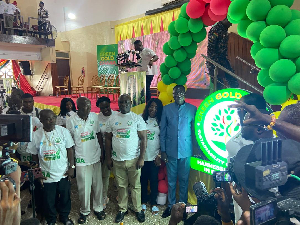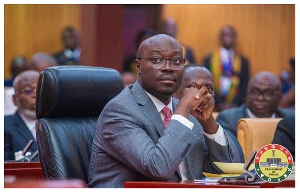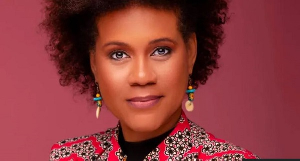As part of the celebration of the 25th Traditional Medicine Week in Ghana, the Ghana Federation of Traditional Medicine Practitioners' Associations (GHAFTRAM) launched an ambitious agenda known as "Green Gold Ghana,” on October 18, 2024.
This initiative seeks to harness the economic potential of plant medicine, not only for the benefit of the nation's health sector but also as a means of driving revenue, foreign exchange, and employment opportunities.
The Green Gold Ghana agenda is positioned to elevate Ghana’s economy by leveraging the herbal medicine industry to generate substantial revenue.
GHAFTRAM president Professor Samuel Ato Duncan, speaking at the launch, emphasised that the international market for traditional medicine is projected to be worth $177.65 billion by 2029, based on projections by the World Health Organization (WHO).
“Let us look at the economic impact, from now till 2029. The World Health Organization has made this projection that by 2029 the international market will be about 177.65 billion dollars. That is the market value alone for traditional medicine in the world.
"And it is telling you that if we can even make 3 percent of this, Ghana can get 8 billion dollars out of this 177.
“By 2050, it is estimated that the market for traditional medicine is going to be 4.5 trillion dollars, and Ghana can make close to 250 billion dollars from this particular market using traditional medicine,” he said.
The President stressed the urgent need for the country to tap into the global market for traditional medicine by focusing on specific health challenges.
To achieve this goal, the President emphasised the importance of conducting clinical trials for local herbal medicines.
According to him, international regulations require that medicines undergo rigorous clinical testing before they are approved for the global market.
“This is the way forward; this is how Ghana can make something out of plants. If we take only three percent of the 2029 projections alone, we will be able to create more jobs for those who don’t have jobs and are engaging in social vices, so green gold is the way to go.
“What do we have to do then as a country? What we need to do is to identify the ten top global disease burdens. Then, using herbal medicine, we research and treat these ten global conditions so that we can make an impact in the world.
“We need to do clinical trials on our products before they can have a space in the international market. Sometimes the international market will have to inspect if you have conducted clinical trials before your medicine will be approved for the international market,” he stated.
He called for the establishment of a traditional medicine fund to support research, manufacturing, and packaging in the sector.
“That is why we are saying GHAFTRAM should look for a traditional medicine fund to support us with soft loans to support research, manufacturing, and packaging,” he added.
Other prominent figures in the industry echoed support for the Green Gold Ghana initiative.
Professor Kwame Banga, Director of the Institute of Traditional and Alternative Medicine at the University of Allied Health Sciences (UHAS) in Ho, alongside Nana Kissi Opam, Abibidurohene of GHAFTRAM, and the organization’s General Secretary, Okogye Abididuro Nana Kwadwo Obiri, contributed their expertise at the event.
The Traditional Medicine Week, themed “Support the Provision of Quality and Safe Traditional Medicine through Appropriate Regulatory Mechanisms,” highlights the broader aim of the Green Gold Ghana agenda: to not only provide healing and well-being through plant-based medicine but also to unlock the vast economic potential that lies within the sector.
Key stakeholders in the traditional medicine industry include the Centre for Plant Medicine Research (CPMR), the Ghana Traditional Medicine Practitioners Association (GTMPA), and the Ghana Herbal Medicine Association (GHMA), among others.
These organizations are expected to play critical roles in the successful implementation of the Green Gold Ghana agenda.
AM/EK
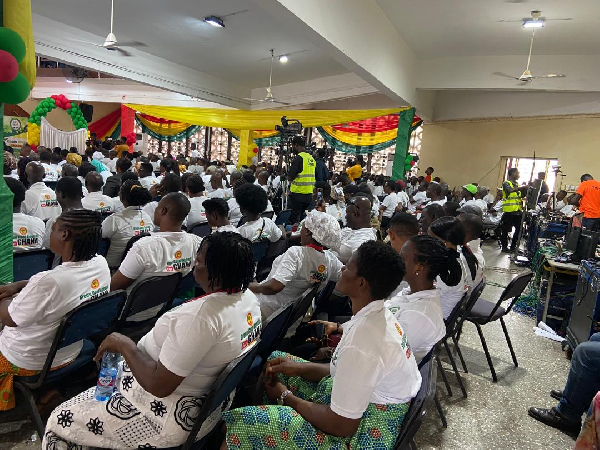
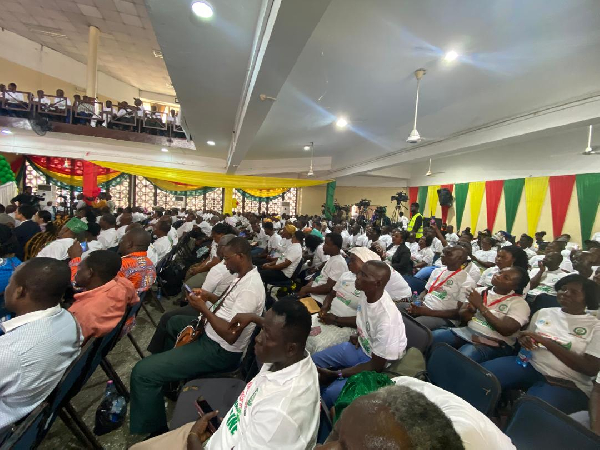
General News of Saturday, 19 October 2024
Source: www.ghanaweb.com
Association of traditional medicine practitioners seeks govt help to grow industry
Entertainment






